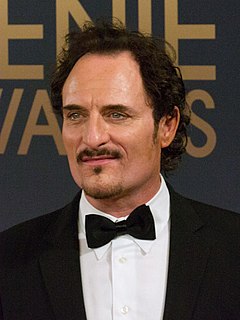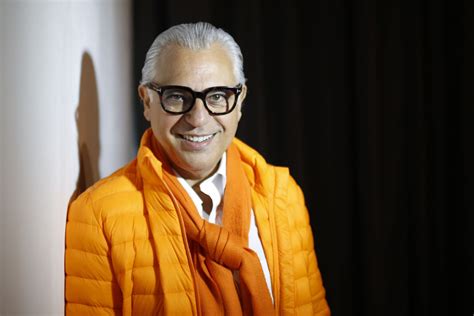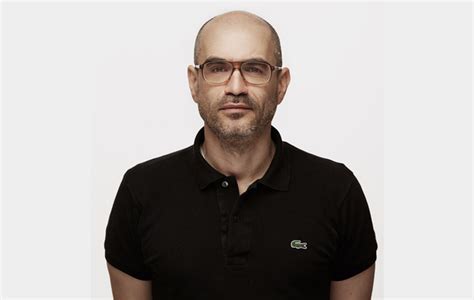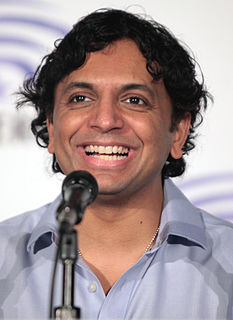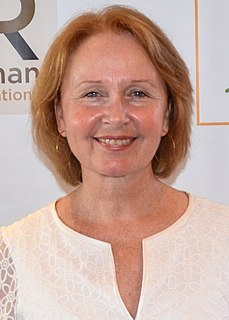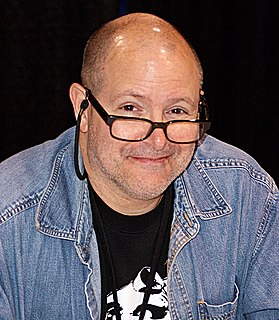A Quote by Christopher Nolan
There's very few directors I think in this industry that would pitch to a studio that they wanted to do a multi-layered almost at times existential high action, high drama surreal film that's sort of locked in his mind. And then have an opportunity to do that.
Related Quotes
I didn't have drama in high school. So when I graduated high school and started at Wayne State in Detroit, I told my parents I was going to major in theater. And they were like, 'OK. Why? You've never done it.' But, it was just what I wanted, and they came to see my very first show and, from then, completely supported me.
That and when you're doing live action you don't normally get to see the thing before it's in production. In this case we'd go in every couple weeks and look at animatic and sketches. The way they do it - is they'll put it up on a screen and the storyboard artist who worked on that sequence will talk you through it. Kind of like a pitch session. Then they would leave and we would sit there with the directors and say 'Alright - what if we change that? What if we do that?' It's very different from live action.
There's been a bit of confusion about Showscan. The basic problem was, it was film and it was 70 mm and it was a lot of it, so the negative cost was very high, the print costs were very high, and it also required conversion of the projectors and theaters and a lot of costs. I just couldn't get any traction in the theatrical movie industry to do it.
What keeps this industry alive is creators doing their own work. Once you change a costume or origin enough times, it's a dead body - you're just electrocuting it and keeping it sort of shambling on. There is a lot more creator-owned stuff now, and some of it I look at and go, 'Oh, that's his pitch for a TV show. That's his pitch for a movie. That's him saying oh, this kind of thing sells.' I didn't do that.
In Hong Kong, in our generation that started out in the 1970s, being a director wasn't a big deal. We didn't even have director's chairs. We weren't particularly well paid. The social standing of a film director wasn't that high. It was a sort of a plebeian job, a second or third grade one. And the studio heads are always practical, there's never any fawning because someone is a director. There's very little snobbery about one's position as a director. The only ones people treated differently were those that were also stars; or the directors who also owned their companies.



